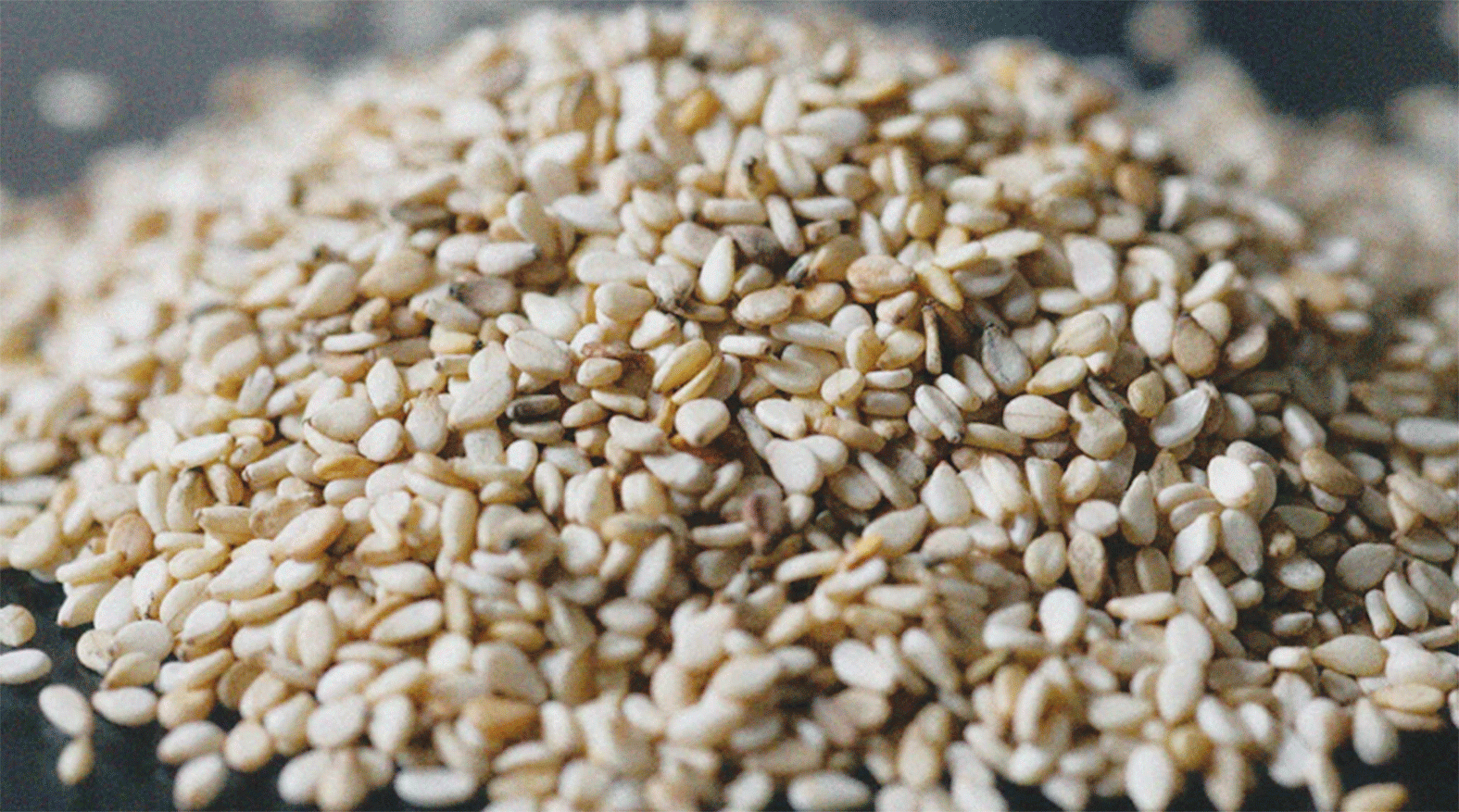
PRESIDENT Emmerson Mnangagwa has challenged food producer National Foods Holdings Limited (National Foods) to increase its exports regionally after commissioning the company’s new production facility of biscuits, pasta and breakfast/cereals.
In July 2024, National Foods revealed it had spent US$40 million as capex over the past three years to introduce new production lines and scale up existing production to target the informal and export markets.
Part of this expenditure included US$5,6 million set aside for a new pasta production line, biscuit production line (US$7,7 million) and breakfast/cereal production line (US$4 million).
The firm revealed this strategy was to shore up foreign currency generation through exports.
Consequently, Mnangagwa commissioned the new production line of cereals/breakfast, biscuits and pasta yesterday at the National Foods factory in Harare.
“I urge the company to continue on its strategic trajectory and ensure that you operate around the clock, which will, in turn, increase output and save the country foreign currency.
“With such investments, Zimbabwe can now meet local demand and strengthen its position as a regional supplier,” the President said.
“It is impressive that to date, National Foods exports to Zambia, Botswana and South Africa. I challenge the group to expand these markets, towards promoting regional integration, creating employment opportunities and fostering economic diplomacy. My government will support you, in this regard.”
- Mr President, you missed the opportunity to be the veritable voice of conscience
- ED to commission new-look border post
- Zanu PF ready for congress
- EU slams Zim over delayed reforms
Keep Reading
Regarding the pasta production line, the country currently consumes about 5 000 tonnes of pasta per month, most of which is imported.
However, the National Foods pasta line, established at a final cost of US$6 million, will cover the import gap by producing approximately 1 200 tonnes of short-cut pasta monthly.
It will also have an additional capacity of two tonnes per hour.
For the biscuit production line, this has the capacity to produce up to 1 300 tonnes of biscuits per month.
This plant employs cutting-edge technology and produces a variety of biscuits.
Lastly, the breakfast/cereal production line’s final cost came in at US$7 million, with a targeted capacity of 800 tonnes per month.
“Investments like the one being commissioned today exemplify the importance of local content and value addition.
“By transforming raw agricultural produce into finished goods locally, we promote economic empowerment, deepen self-sufficiency, and develop local industries,” Mnangagwa said.
“This is our pathway to building an economy that benefits Zimbabweans, not relying on imports. These plants symbolise the spirit of Zimbabwe: innovative, resourceful, and forward-looking.
“They demonstrate that with strategic partnerships, government support, and the resilience of our people, our motherland can produce what we need and compete at both regional and global levels.”
He reaffirmed that Zimbabwe had the capacity to produce for local consumption, the region and global markets, driven by strategic investments, innovative technology, and patriotic resolve.
“I acknowledge and thank our investors, partners, and all stakeholders whose support and confidence have made this venture possible,” Mnangagwa added.
He said his government stood ready to continue improving the doing business environment.










